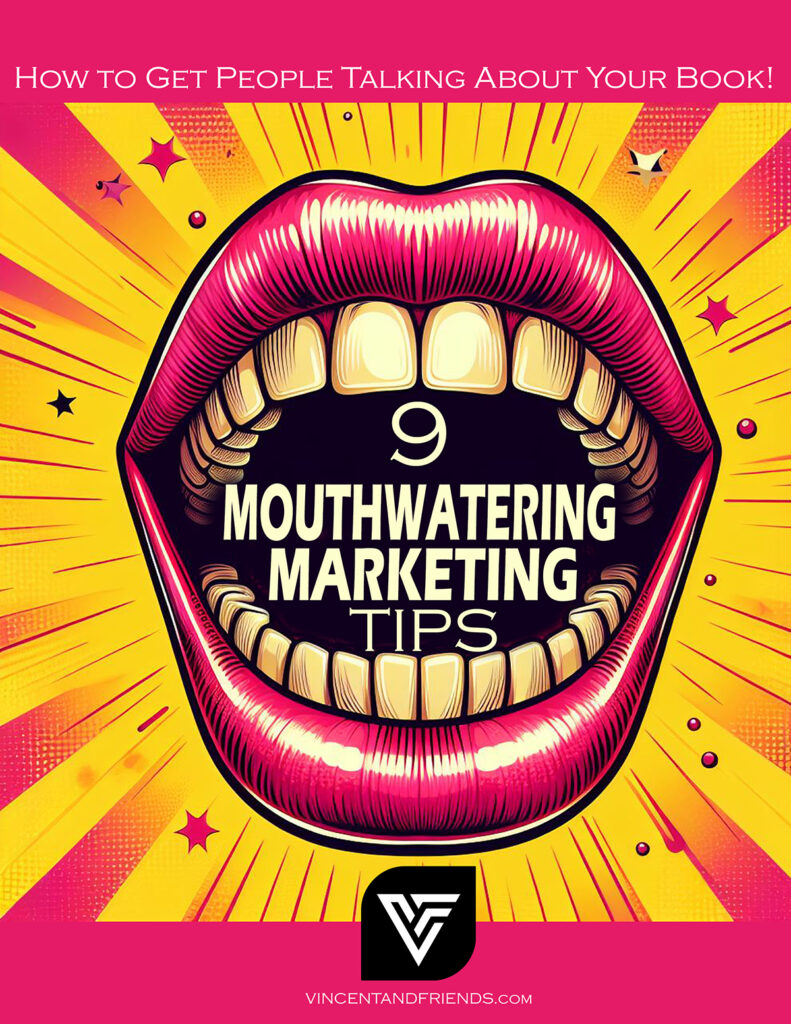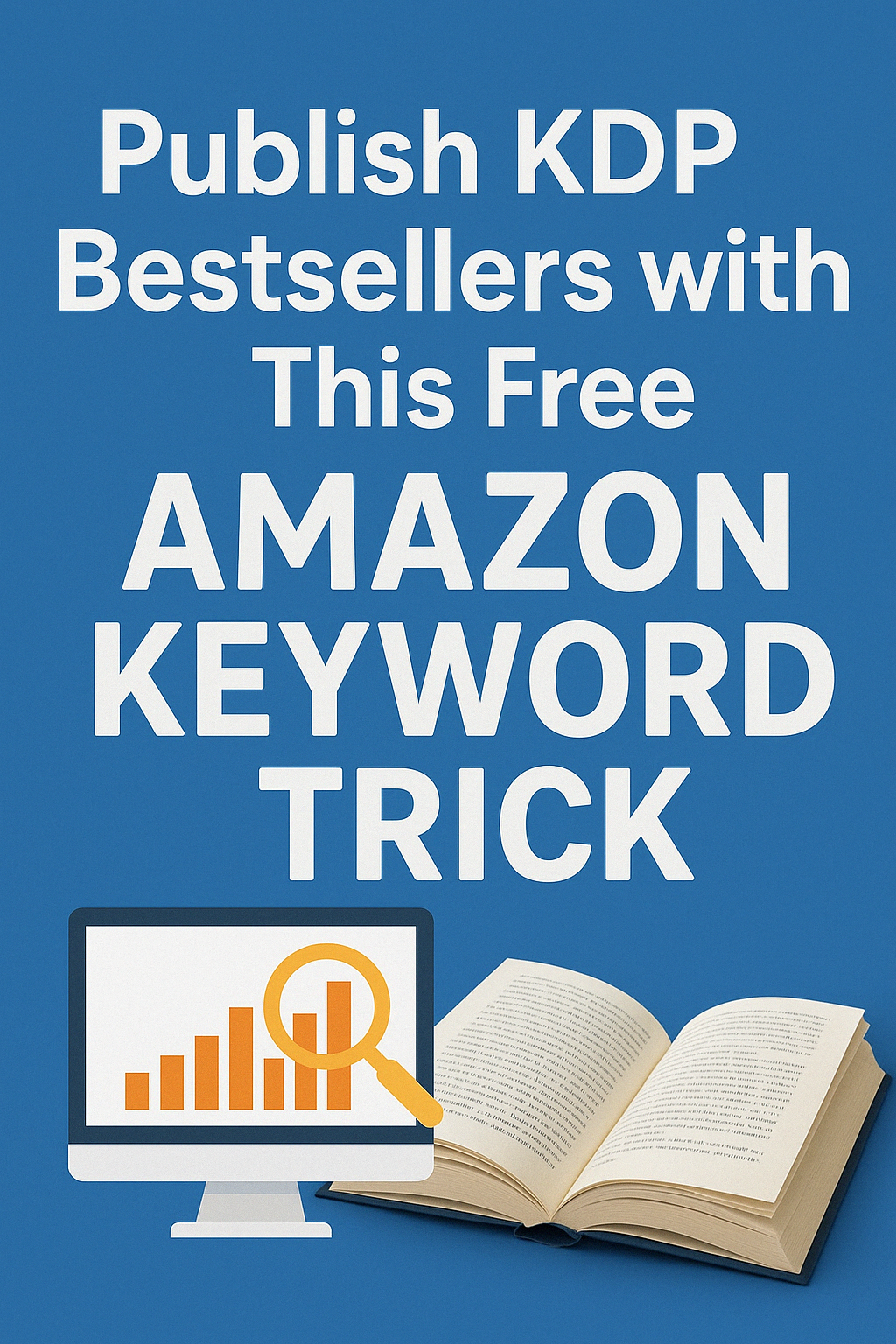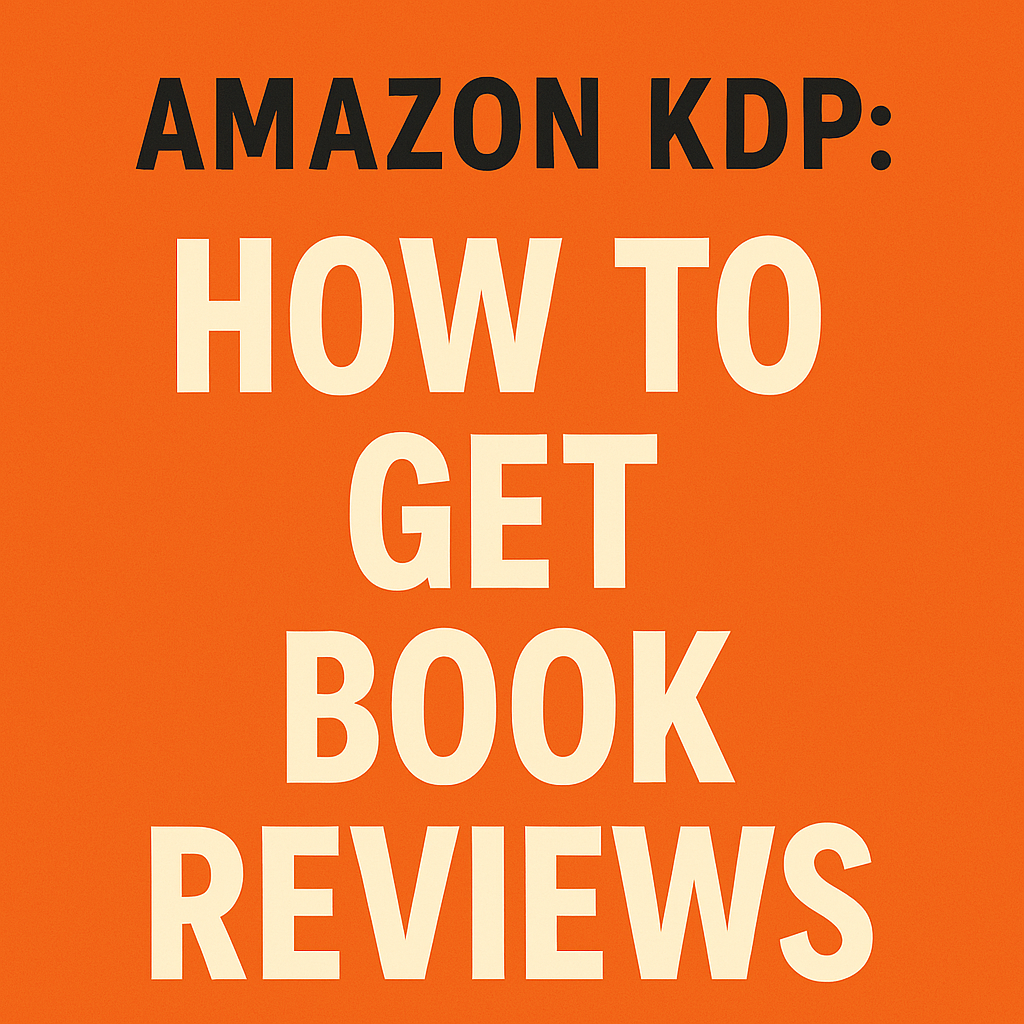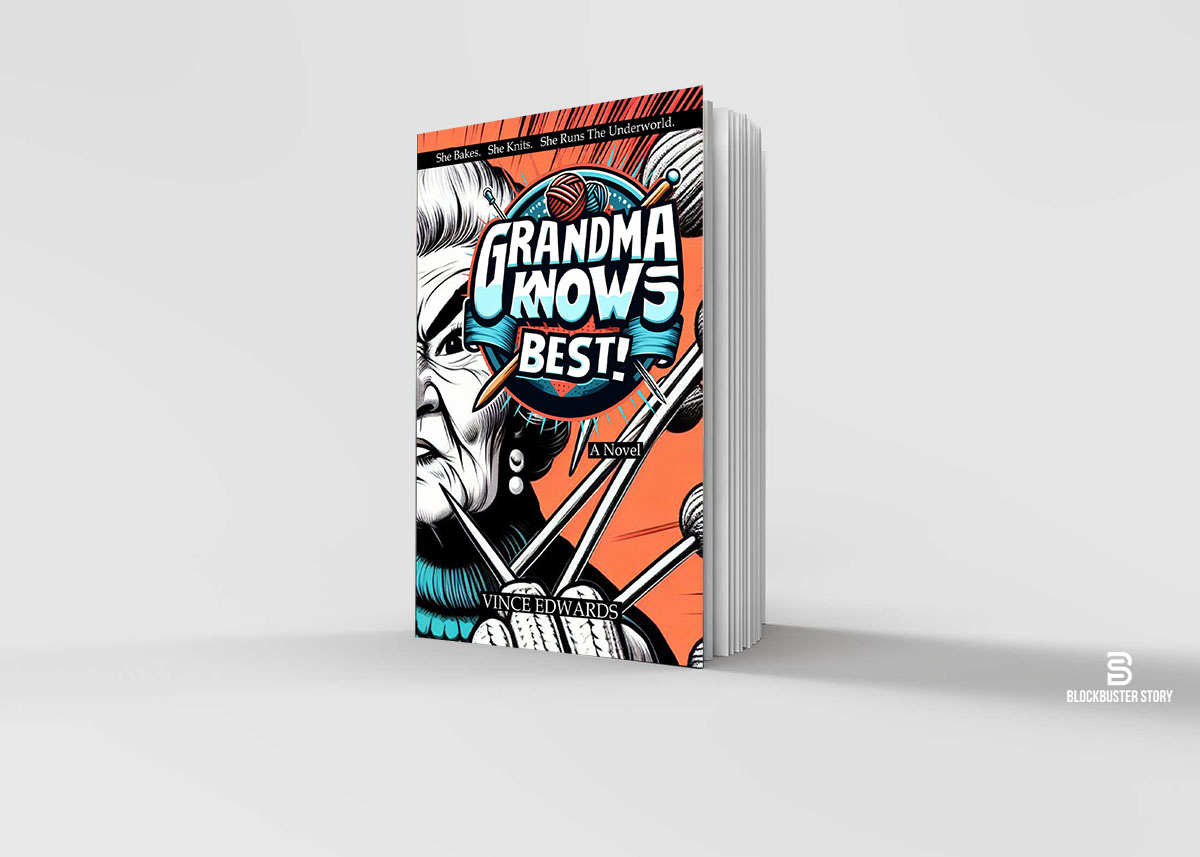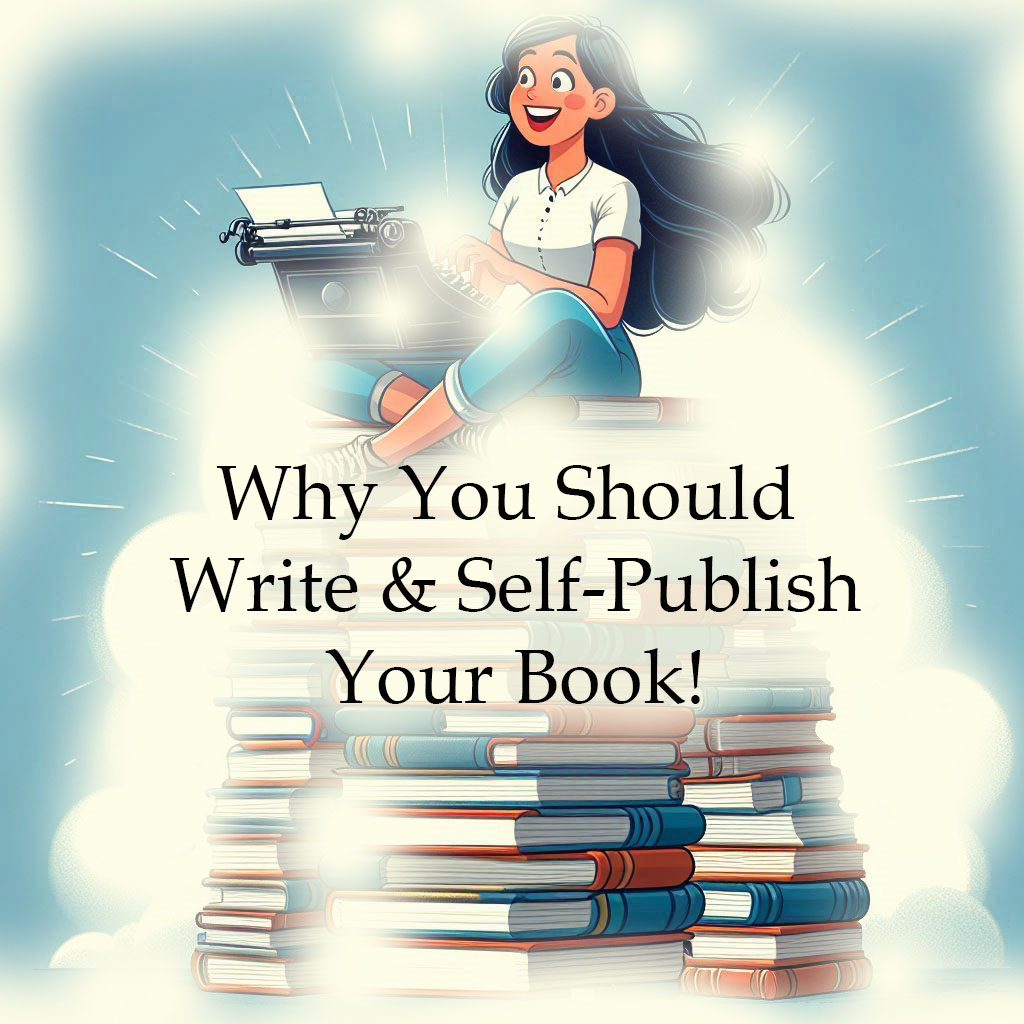The journey from manuscript to bestselling book is often depicted as a solitary path of creative struggle and inspiration.
However, the reality of an author’s life extends far beyond the act of writing.
In today’s competitive literary marketplace, the ability to effectively market a book can be as crucial as the talent required to write it.
Among the myriad of strategies and tools available for book promotion, the single most vital asset an author needs to market their book is a compelling and authentic author brand.
Understanding the Author Brand
An author brand is more than just a name on a book cover; it represents the unique identity, values, and promise that an author offers to their readers.
It is the distilled essence of who the author is, what they stand for, and what readers can consistently expect from their work.
This brand is communicated through various channels: the author’s writing style, public appearances, social media presence, personal website, and even through interactions with fans and critics.
A compelling author brand has several key components:
- Consistency: Maintaining a consistent voice and message across all platforms ensures that readers know what to expect from an author. This consistency builds trust and loyalty.
- Authenticity: Readers are drawn to genuine voices. An authentic brand resonates more deeply because it reflects the true character and values of the author.
- Visibility: An effective brand is highly visible. This visibility is achieved through an active presence on social media, participation in literary events, and strategic partnerships.
- Engagement: Successful author brands actively engage with their audience, fostering a community of readers who are not just fans but also advocates for the author’s work.
Building a Compelling Author Brand
Creating a compelling author brand involves a strategic blend of self-discovery, audience understanding, and creative expression.
Here’s how authors can develop their brand:
Self-Discovery and Defining the Brand
- Identifying Core Values and Themes: Authors should start by identifying the core values and themes that run through their work. These elements should reflect their personal beliefs and the messages they wish to convey through their stories.
- Crafting a Unique Voice: The author’s voice is a critical aspect of their brand. This voice should be distinctive and recognizable, whether it’s humorous, poetic, or authoritative.
- Visual Identity: A strong visual identity, including a professional author photo, a well-designed website, and consistent book cover designs, helps in creating a memorable brand.
Understanding the Audience
- Target Audience Analysis: Knowing the target audience is crucial. Authors should understand the demographics, preferences, and behaviors of their ideal readers.
- Building Reader Personas: Creating detailed reader personas can help authors tailor their marketing strategies to meet the specific needs and desires of their audience.
Crafting the Brand Narrative
- Telling a Story: The brand itself should tell a story. This could be the author’s journey, their inspiration behind writing, or the mission they are on. A compelling narrative can humanize the author and make them more relatable.
- Creating Emotional Connections: Emotional connections are powerful. Authors should strive to connect with their readers on an emotional level, whether through shared experiences, values, or aspirations.
Leveraging the Author Brand for Marketing
Once an author has established a strong brand, the next step is to leverage it for effective marketing.
Here are some strategies to achieve this:
Social Media Presence
Social media platforms are essential tools for building and promoting an author brand.
Each platform offers unique ways to connect with readers:
- Facebook: Ideal for creating author pages, joining or creating reader groups, and hosting live events.
- Twitter: Useful for engaging in conversations, participating in literary discussions, and sharing updates.
- Instagram: Perfect for visual storytelling, sharing book-related images, and connecting with a visually-driven audience.
- YouTube and TikTok: Video platforms are excellent for book trailers, author interviews, and behind-the-scenes content.
Personal Website and Blog
A personal website acts as the hub of an author’s online presence.
It should include:
- Author Bio: A compelling biography that tells the author’s story and establishes their credibility.
- Books: Detailed information about the author’s books, including summaries, reviews, and purchase links.
- Blog: Regular blog posts can attract readers, improve SEO, and establish the author as a thought leader in their genre.
- Newsletter Signup: Building an email list is crucial for direct communication with fans and promoting new releases.
Public Engagement and Networking
Public engagement helps authors to expand their reach and strengthen their brand:
- Book Tours and Signings: Physical and virtual book tours, along with signing events, provide opportunities to meet readers and promote books.
- Literary Festivals and Conferences: Participating in these events can increase visibility and provide networking opportunities with other authors and industry professionals.
- Media Appearances: Interviews, podcasts, and guest posts on popular blogs can help to reach a wider audience.
Collaborations and Partnerships
Collaborating with other authors, influencers, and brands can amplify an author’s reach:
- Author Collaborations: Co-authoring books, participating in anthologies, or organizing joint events can introduce authors to each other’s audiences.
- Influencer Partnerships: Working with influencers who have a significant following in the author’s genre can boost visibility and credibility.
- Brand Partnerships: Aligning with brands that share similar values can provide additional marketing channels and resources.
Reader Engagement
Engaging directly with readers builds a loyal community and strengthens the author brand:
- Interactive Content: Polls, Q&A sessions, and live readings can engage readers and make them feel more connected to the author.
- Reader Reviews and Testimonials: Encouraging readers to leave reviews and share testimonials can provide social proof and attract new readers.
- Fan Clubs and Communities: Creating exclusive communities for fans, such as private Facebook groups or Patreon pages, can foster a sense of belonging and loyalty.
Consistent Content Creation
Consistency in content creation reinforces the author brand and keeps the audience engaged:
- Regular Updates: Keeping followers updated on the progress of new projects, book releases, and events.
- Thematic Content: Sharing content related to the themes and values of the author’s books, such as articles, videos, or podcasts.
- Exclusive Content: Offering exclusive content to subscribers or community members, such as early access to new releases, behind-the-scenes insights, or bonus chapters.
Case Studies: Successful Author Branding
Examining the success stories of well-branded authors can provide valuable insights and inspiration.
Here are a few examples:
J.K. Rowling
J.K. Rowling’s author brand is a testament to the power of storytelling and authenticity.
Known for the Harry Potter series, Rowling has built a brand that goes beyond her books.
Her personal story of overcoming adversity, combined with her engaging social media presence and charitable efforts, has created a deep emotional connection with readers worldwide.
Her consistent voice and the magical themes of her work have become synonymous with her name, making her brand instantly recognizable.
This article features an extract from an essay I contributed to a book written by those on the frontline of the fight for women’s rights in Scotland. For my full essay and over 30 others, buy ‘The Women Who Wouldn’t Wheesht’, which is published tomorrow.https://t.co/wrhWT1UKgJ
— J.K. Rowling (@jk_rowling) May 29, 2024
Neil Gaiman
Neil Gaiman’s brand is characterized by his distinctive voice and versatility as a writer.
His presence on social media is marked by his witty and thoughtful posts, which reflect the tone of his writing.
Gaiman frequently engages with his readers, sharing insights into his creative process and personal anecdotes.
His website is a hub of information, offering everything from writing tips to book updates, further solidifying his brand as an accessible and multifaceted author.
Margaret Atwood
Margaret Atwood has leveraged her reputation as a literary and speculative fiction author to build a strong brand centered around thought-provoking themes and activism.
Her social media presence is active and often focuses on social and environmental issues, aligning with the themes of her books.
Atwood’s involvement in public discourse and her consistent advocacy for causes she believes in have made her a respected and influential voice, extending her brand beyond her literary work.
Challenges in Author Branding
Building and maintaining an author brand is not without challenges.
Authors may face obstacles such as:
- Balancing Writing and Marketing: Authors must find a balance between dedicating time to their writing and actively marketing their brand.
- Maintaining Consistency: Ensuring consistency across all platforms can be challenging, especially as an author’s career evolves.
- Dealing with Criticism: Public personas are subject to scrutiny and criticism. Authors need to handle negative feedback gracefully while staying true to their brand.
- Adapting to Change: The literary market and digital landscape are constantly evolving. Authors must be adaptable and willing to update their strategies to stay relevant.
In the modern literary landscape, where competition is fierce and readers have countless options, a compelling and authentic author brand is the single most crucial asset for marketing a book.
It is the foundation upon which all other marketing efforts are built, providing a cohesive and recognizable identity that resonates with readers.
Building an author brand requires a deep understanding of oneself, a clear vision of the target audience, and a strategic approach to storytelling and engagement.
By leveraging social media, maintaining a dynamic online presence, participating in public engagements, and consistently creating valuable content, authors can establish a strong brand that not only attracts readers but also fosters a loyal and supportive community.
The journey of building an author brand is ongoing, evolving with each new book and interaction.
It demands dedication, creativity, and a genuine connection with readers.
However, the rewards are immense, as a strong author brand not only enhances the marketability of individual books but also paves the way for a sustainable and impactful literary career.
Need Help With Your Book Cover or Literary Packaging?
Looking to bring your ideas to life with captivating storytelling and imaginative flair?
Whether you need compelling copywriting, engaging written, visual or video content creation, or literary packaging that stands out, I’m here to help.
Let’s collaborate to turn your vision into reality. Reach out today to discuss your project and let’s embark on a journey of creativity together!



